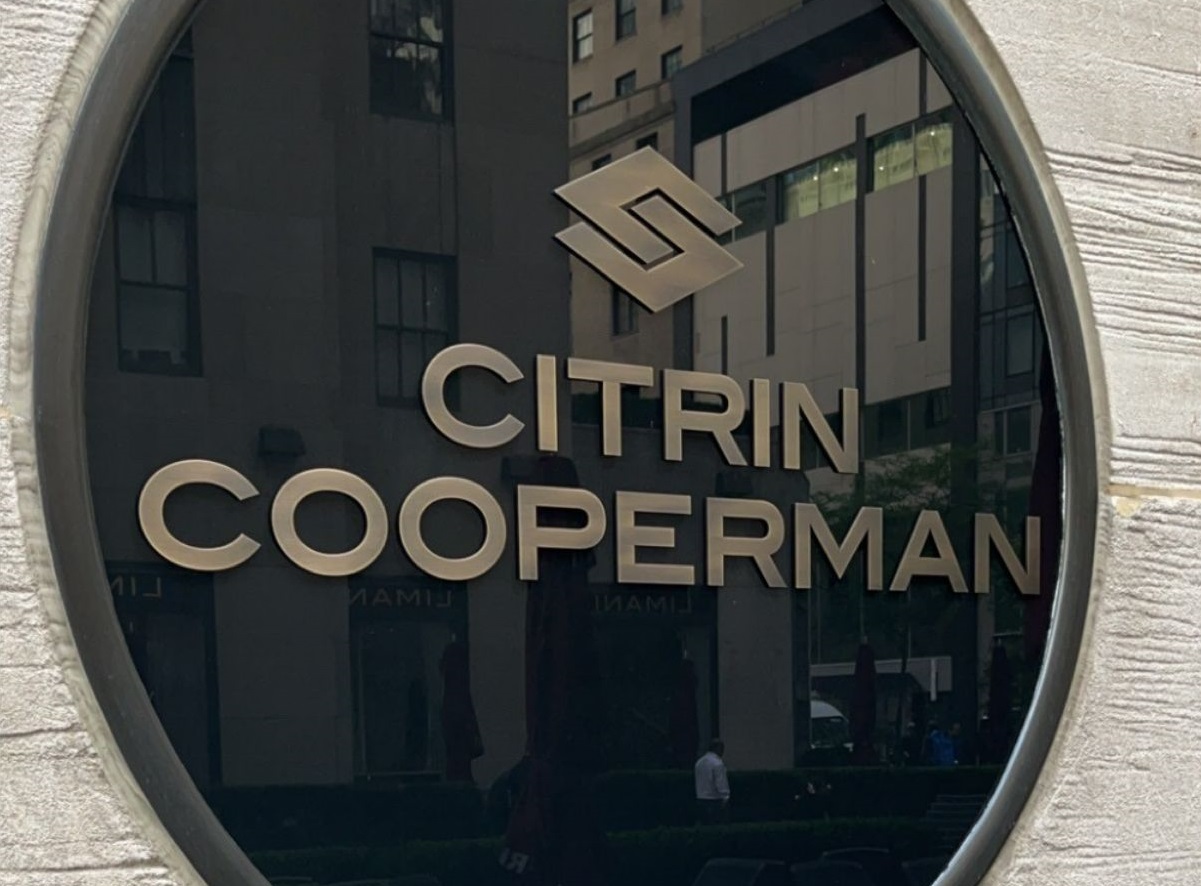Automating some or all of the activities that encompass corporate accounts receivable has been climbing the priority list as financial professionals increasingly see how digitalization affects the cash cycle.
In a new research report, Receivables Management Is Back on the Radar, Mercator Advisory Group reviews how the age-old problem of efficiently collecting money from buyers and optimizing cash application can improve the bottom line through reduced cost and better cash flow. The growth in digital payments over the past several years is now having a follow-on effect in the handling invoiced payments, causing treasury to consider improving receivables management as well.
“There is a continuing trend for convergence of corporate financial systems and processes, generally referred to as procure-to-pay. Receivables have in the past been considered a specialized operation, not necessarily viewed as generically connected to the other financial management processes,” commented Steve Murphy, Director of Mercator Advisory Group’s Commercial and Enterprise Payments Advisory Service, author of the report. “This is beginning to change as more companies are recognizing that effective processing of inbound payments also has significant impact on working capital effectiveness. Banks are also getting the message as traditional lockbox services become inadequate to handle the increase of e-payments. Forward-thinking banks and their clients are now taking a closer look at supporting receivables processes with new technology.”
Highlights of the report include:
- A detailed review of the ongoing challenges associated with late payments for companies across the globe.
- Data for multiple regions and various markets regarding payment practices, including average terms, delinquencies, and days sales outstanding.
- Analysis of how better receivables process automation has a direct impact on the cash conversion cycle and improves financial ratios.
- Review of key receivables technology innovations that banks and their corporate clients should be considering in order to remain competitive in this increasingly digital era.
The document is 15 pages long and contains 5 exhibits.
Companies and other organizations mentioned in this report include: AFP, Atradius, Bank of America, Basware, Billtrust, CGI, CheckAlt, Citi, CreditPoint, Comdata, Coupa, Dade Systems, Deluxe, FIS, Fiserv, FTNI, High Radius, Invoicely, Mastercard, J.P. Morgan, Microsoft, Nacha, Oracle, PNC, Quickbooks, SAP, Serrala, SmartStream, Tradeshift, Transcentra, Tungsten, U.S. Dataworks, Visa, Wells Fargo, and Zoho.
Members of Mercator Advisory Group’s Commercial and Enterprise Payments Advisory Service and Global Payments Advisory Service have access to this report as well as upcoming research for the year ahead, presentations, analyst access, and other membership benefits.
Thanks for reading CPA Practice Advisor!
Subscribe Already registered? Log In
Need more information? Read the FAQs




